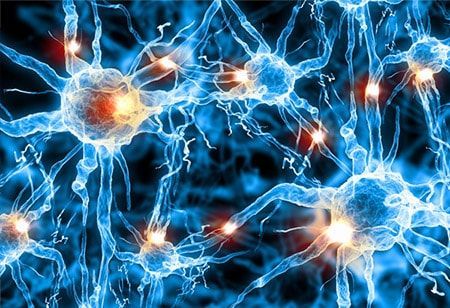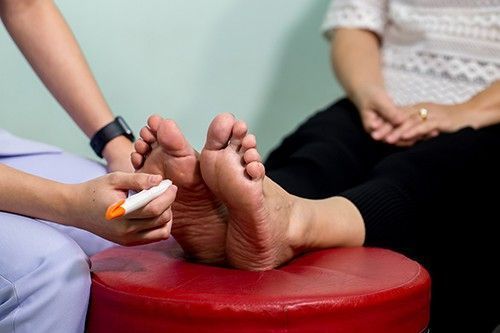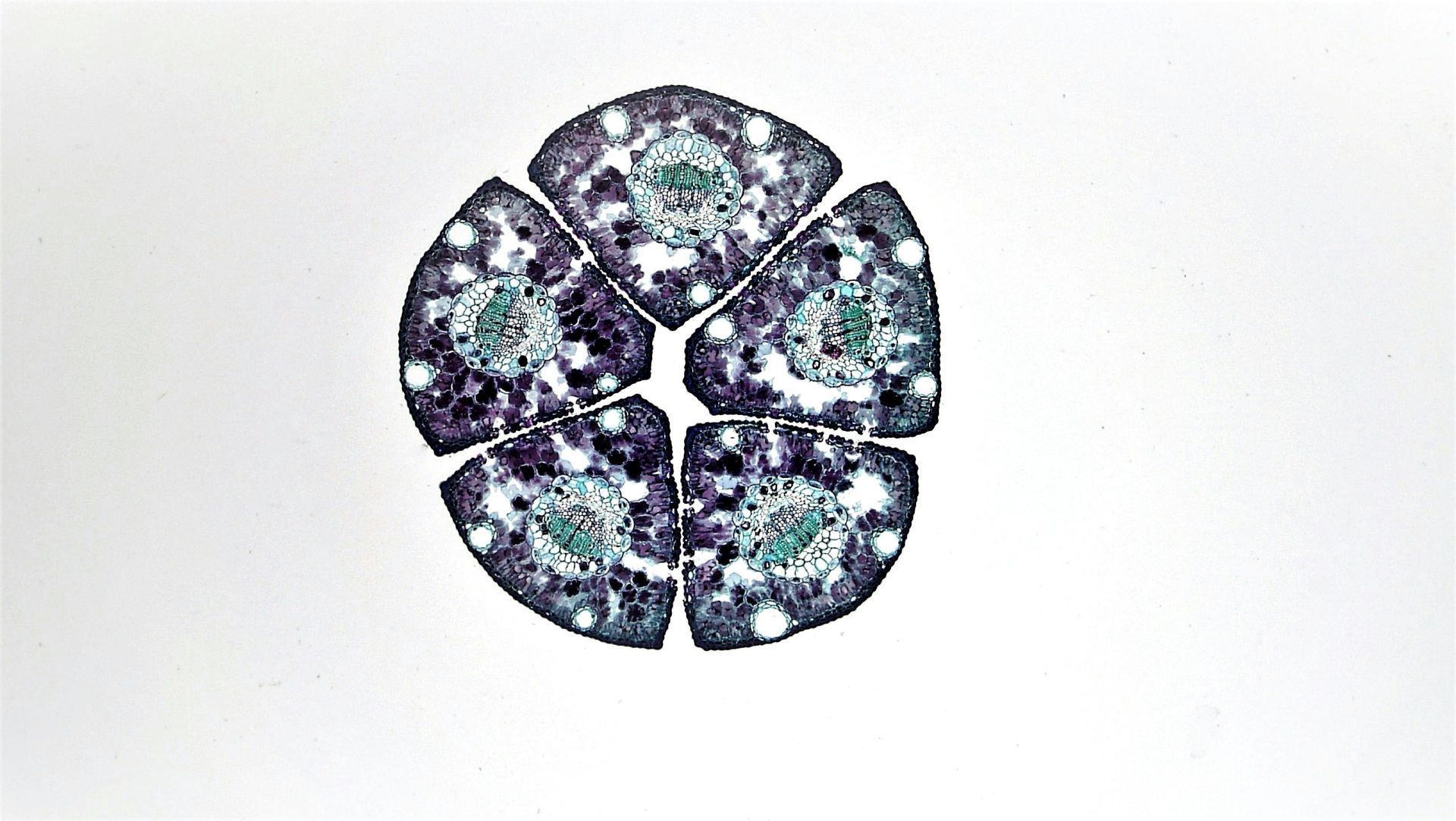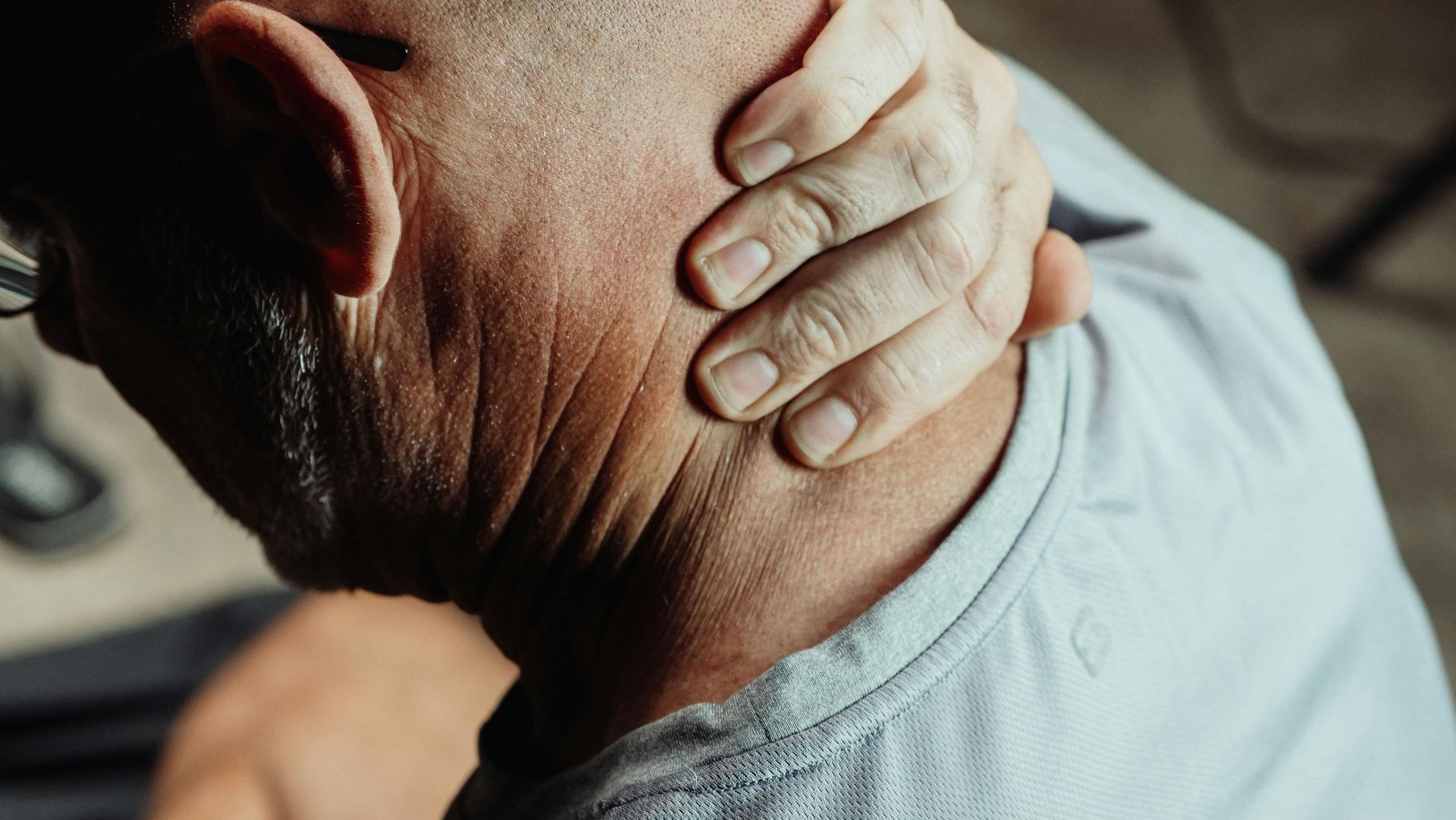Se Habla Español

Living with Neuropathy: Coping Strategies and Lifestyle Tips
Neuropathy, a condition characterized by nerve damage, can significantly impact daily life.
Whether caused by diabetes, chemotherapy, or other underlying conditions, living with neuropathy requires proactive management and lifestyle adjustments.
Coping with the challenges of neuropathy involves a combination of medical interventions, self-care practices, and a resilient mindset.
Here are some coping strategies and lifestyle tips to navigate life with neuropathy.
Understanding Neuropathy: A Complex Challenge
Neuropathy can manifest in various forms, including peripheral neuropathy, autonomic neuropathy, and focal neuropathy. The symptoms may range from tingling and numbness to sharp pain and muscle weakness.
While there is no cure for neuropathy, adopting coping strategies and lifestyle changes can enhance quality of life and mitigate the impact of symptoms.
Medical Management: Working with Healthcare Professionals
The first step in coping with neuropathy is seeking professional medical guidance. Collaborate closely with healthcare providers, including neurologists, pain specialists, and physical therapists, to develop a comprehensive management plan tailored to your specific condition. Medications, physical therapy, and other interventions may be prescribed to alleviate symptoms and improve function.
Pain Management Techniques: Beyond Medications
Neuropathic pain can be challenging, but there are various pain management techniques to explore. In addition to prescribed medications, practices such as acupuncture, physical therapy, and transcutaneous electrical nerve stimulation (TENS) may offer relief. Mind-body techniques like meditation and yoga can also help manage pain and improve overall well-being.
Optimal Nutrition: Supporting Nerve Health
A well-balanced diet is a foundational element in managing neuropathy. Adequate intake of vitamins and minerals, especially B vitamins, is crucial for nerve health. Foods rich in antioxidants, such as fruits and vegetables, can help combat inflammation. Consult with a registered dietitian to create a nutrition plan that supports overall health and addresses specific dietary needs associated with neuropathy.
Regular Exercise: Improving Circulation and Mobility
Engaging in regular exercise can have profound effects on neuropathy symptoms. Physical activity improves circulation, reduces inflammation, and enhances overall mobility. Choose low-impact exercises such as walking, swimming, or cycling, and work with healthcare professionals to design an exercise routine that accommodates your specific condition.
Proper Foot Care: Essential for Peripheral Neuropathy
For individuals with peripheral neuropathy, proper foot care is paramount. Regularly inspect feet for injuries or abnormalities, wear comfortable and supportive shoes, and avoid activities that may cause foot damage. Consult with a podiatrist for guidance on proper foot care practices.
Temperature Management: Protecting Sensitivity
Neuropathy can affect the body’s ability to sense temperature accurately. To prevent injuries, be mindful of extreme temperatures, especially when bathing or handling hot objects. Test water temperature with a thermometer before bathing and use protective gear, such as gloves, when handling hot or cold items.
Stress Reduction: Supporting Overall Well-being
Stress can exacerbate neuropathy symptoms. Incorporate stress-reducing activities into your daily routine, such as meditation, deep breathing exercises, or mindfulness practices. These techniques not only help manage stress but also contribute to an improved overall sense of well-being.
Supportive Footwear and Orthotics: Enhancing Comfort
Investing in supportive footwear and orthotic devices can significantly enhance comfort for individuals with neuropathy. Properly fitted shoes with ample cushioning and support can reduce pressure on sensitive nerves and provide relief from discomfort.
Regular Check-ups: Monitoring and Early Intervention
Regular medical check-ups are essential for individuals living with neuropathy. Monitoring the progression of the condition allows for early intervention and adjustments to the management plan. Be proactive in communicating any changes in symptoms to healthcare providers to ensure timely and effective care.
Support Groups and Counseling: Building a Support System
Living with neuropathy can be emotionally challenging. Joining support groups or seeking counseling can provide an outlet for sharing experiences, receiving emotional support, and learning coping strategies from others facing similar challenges. A strong support system is invaluable in navigating the emotional aspects of living with a chronic condition.
Navigating the Journey with Resilience
Living with neuropathy requires a multifaceted approach that addresses both the physical and emotional aspects of the condition. By actively collaborating with healthcare professionals, adopting lifestyle adjustments, and fostering a resilient mindset, individuals with neuropathy can enhance their quality of life and regain a sense of control.
While neuropathy may present challenges, the journey is navigable with a combination of medical support, self-care practices, and a commitment to overall well-being.
If you or a loved one are suffering with neuropathy in Houston or nearby, call Campbell Health Center today at 832-243-7713.
May we invite you to join us for a
Complimentary Consultation?

"Here at Campbell Health Center, we are dedicated to helping you get out of pain and get back to feeling great again.
Call us and tell us about your health issues and set up a consultation to discuss the treatment that will best get you back to optimum health.
We promise to sit down with you, face to face, and be attentive, present, focused and actually listen."
Campbell Health Center
Call us now at
(832) 243-7713
Advanced Pain
Management Articles
How Can We Help You?
This fast-growing treatment uses cellular tissue, growth factors, and PRP to heal and restore your body to a healthy level.
Campbell Health Center can help treat peripheral neuropathy, and help relieve the pain and discomfort associated with it.
We treat our patients with the most effective healing options available to ensure you can return to a pain-free life.
Stem Cell Therapy is an advanced regenerative medicine to provide safe and effective relief for a variety of health conditions.
Chiropractic care focused on restoring movement and correct positioning to the joints of the body.
Pain relief treatments are designed to help your body heal itself very effectively instead of masking the pain.
How Do Our Patients Feel About Us?
"Excellent Clinic! The staff were very helpful and polite from my initial phone call to every appointment day. All the doctors are friendly and knowledgeable. They took the time to explain my condition and my treatment options. Glad to find this clinic who can finally end my back pain!"
Susan B.
"Dr. An is great and so is her staff. I saw her about 24 hours after an ankle injury - she recommended PRP injections. Now it's 3 days after the PRP treatment and I'm back to teaching and practicing yoga. I highly recommend Campbell Health Center."
Hope W.














